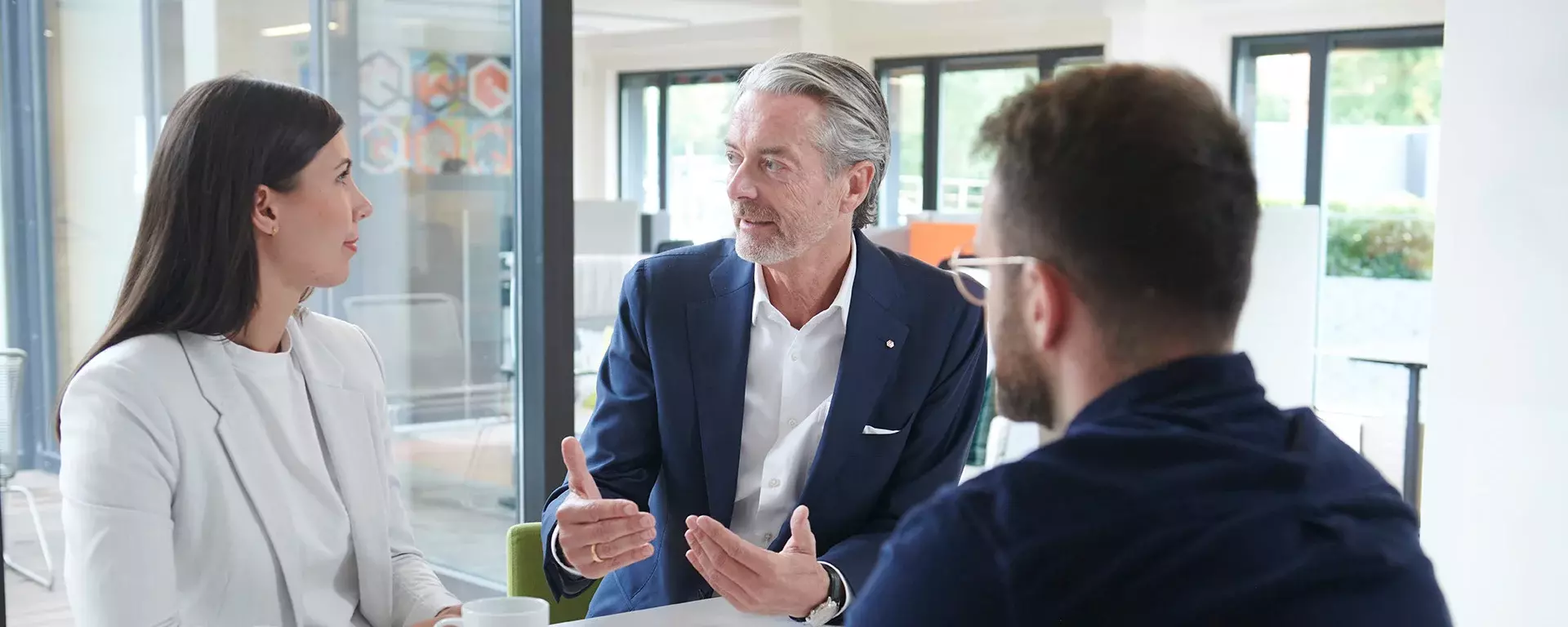In the face of "economic climate change", we need to focus on our strengths. A true "strength of our business location" is our demand for high quality. Made in Germany – innovation, reliability & quality – is still an expression of our competence in terms of "quality". This includes the technical quality of the products and flawless handling of all processes and services associated with the product. And the demand is growing. Today, new quality criteria are being added that must be proven not only within the company itself, but also in the supply chain. Environmental protection can no longer be an obstacle or a cost factor for a company. It is no longer "a problem", but part of the solution. These requirements also apply to the supply chain. No "supply chain law" has yet been passed, but in order to avoid competitive disadvantages, companies are already required to work sustainably. This includes assessing working conditions or the environmental compatibility of production processes in the supply chain. All of this, of course, in the service of our market, in the sense of "service excellence" for the customer. The consistent focus of our corporate strategy on comprehensive quality and both current and future customer satisfaction, right up to the claim of customer enthusiasm, leads to considerable competitive advantages. The aim here is to face up to the cut-throat competition on the market through consistent customer, process and employee orientation.








Comments
No comments